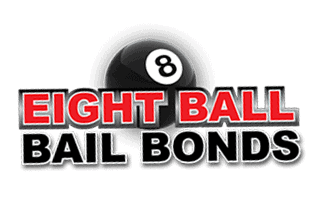What Are Bail Bonds And Why Do You Need Them
What are bail bonds? Should you ever be arrested on suspicion of a crime, you would be hauled by the police off to jail for booking. The process includes having your mug shot taken, being fingerprinted, and being asked for a statement. While you wait for your day in court, you would have to stay in jail unless you post bail. To do this, your family or friends would normally have to approach a bail bonding agency.
“Bail is a financial arrangement that bail agents make on behalf of a criminal defendant.”
A bail agent acting on your behalf would arrange for the court to have you released from jail while awaiting the trial in exchange for collateral. This could be in the form of cash, assets or bond.
What are bail bonds?
These refer to the written promise signed by defendants to pay an amount assigned by the court should they fail to show up for the court proceeding at the set date and time. A bond may also be signed by a surety in place of the actual defendant.
It’s a document that promises to forfeit the amount of money specified by the court if you fail to return for your trial. The sum is commensurate with the gravity of your alleged offense.
Chances are you wouldn’t have the financial capacity to post your own bail, hence the need to be assisted by a bail agent.
This professional would do it for you for a nonrefundable fee of 10 to 20 percent of the bail amount. He would then become liable to the court for the entire bail amount if you didn’t turn up on your court date.
Before a bondsman would agree to assume the risk of posting your bail, he would require some form of collateral from you (e.g., expensive jewelry, securities, or even written guaranties by your credit-worthy family or friend). It should provide enough security to ensure your repayment for any losses he might incur.
A bail agent would reserve the right to refuse service to defendants who were high-risk and not likely to show up for their trial. On the other hand, if you had a record of steady employment, a role as an established resident in the community, and no prior criminal record, you would be considered low-risk.
In posting bail, you, your agent, or some other interested party would do so at the court where you’re to return for your trial. A bail ticket or similar document would be issued by the court clerk. This would be sent to the police to notify them that bail had been posted.
Upon their receipt of the ticket, you would then be released from custody. Liability under the bail bond would be terminated upon any of the following scenarios:
- You appeared in court on the date specified.
- You died.
- You are arrested, detained, or imprisoned on another offense.
Failure to show up to court on the appointed date and time would result in a court-issued warrant for your arrest and the bond amount would be forfeited to the court. Your bail agent himself would also have the authority to arrest you and bring you back for criminal proceedings.
Still have questions about what are bail bonds? Click here for information on Eight Ball Bail Bonds.







